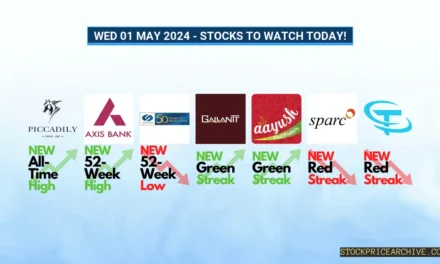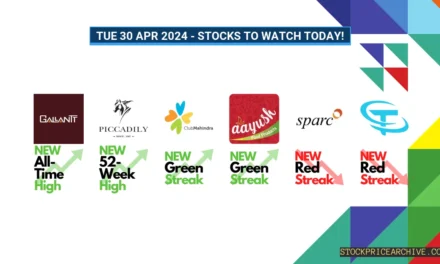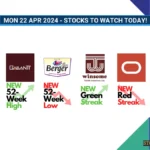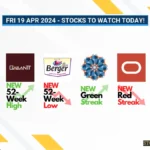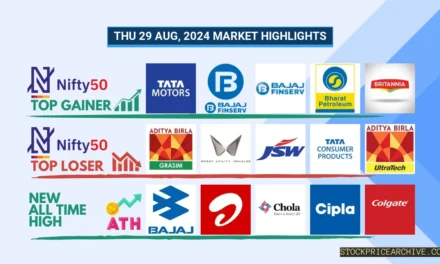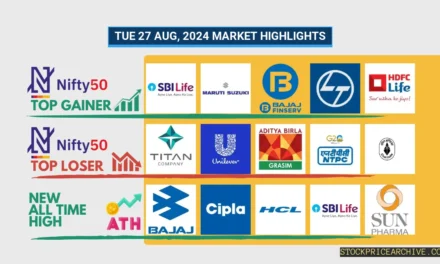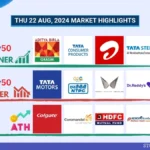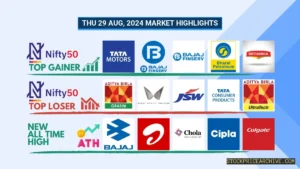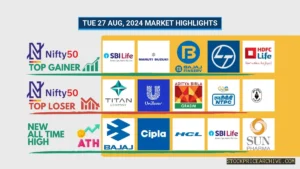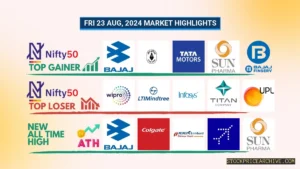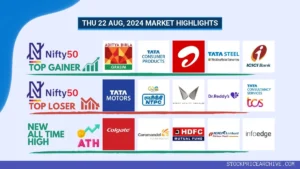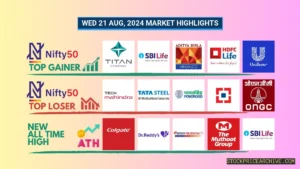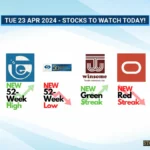
Viji Finance Share Price History and Returns 2016 to 2025
Viji Finance Limited | |||
 | Price: ₹3.42 (-0.87%) | ||
| 52 Week Low: ₹1.99 52 Week High: ₹4.60 | |||
| Market Capital: 34.33 Crore (Smallcap) | |||
| Financial Services -> Credit Services | |||
Show Table of Contents
Table of Contents
- 1: Viji Finance Stock Highlights
- 1.1: 52-Week High Low
- 1.2: All Time High
- 2: Viji Finance Recent Performance
- 3: Viji Finance Stock Price Chart From 2016 to 2025
- 4: Viji Finance Stock Price History Table From 2016 to 2025
- 5: Analyzing the Impact of Investing in Viji Finance
- 5.1: Viji Finance Stock Returns In Last 5 Years
- 6: Viji Finance Returns vs Bank FD Returns
Viji Finance Stock Highlights
As of 05 Sep 2025, Viji Finance Stock price is ₹3.42 which is ₹1.18 below 52-week high of ₹4.60 and ₹1.43 above 52-week low of ₹1.99
52-Week High Low
- Viji Finance 52-Week High is ₹4.60 occurred on 22 Jul 2025
- Viji Finance 52-Week Low is ₹1.99 occurred on 01 Apr 2025
All Time High
- The all-time high or the highest price that Viji Finance stocks have ever touched was ₹15.05 and this occurred on Dec 2016.
- The highest closing price at which Viji Finance stocks have ever closed was ₹12.20 recorded on Oct 2016.
Stay ahead of the market! Get instant alerts on crucial market breakouts. Don't miss out on key opportunities!
Your phone number will be HIDDEN to other users.
Viji Finance Recent Performance
Over the past 15 trading days, the value of Viji Finance's stock has decreased by ₹0.46 (-11.86%). On 14 Aug 2025, its one share was worth ₹3.88 and by 05 Sep 2025, the value dropped to ₹3.42. During this period it created a highest high of ₹3.88 and lowest low of ₹3.33.
Click on legend items to show/hide respective price lines
Viji Finance Stock Price Chart From 2016 to 2025
Click on legend items to show/hide respective price lines
Viji Finance Stock Price History Table From 2016 to 2025
| Year | Viji Finance | YOY Chg% | ↑High - ↓Low |
|---|---|---|---|
| 2025 | ₹3.42 | 5.8% | ↑ ₹4.60 ↓ ₹1.99 |
| 2024 | ₹3.23 | 129.0% | ↑ ₹4.33 ↓ ₹1.41 |
| 2023 | ₹1.41 | -41.5% | ↑ ₹2.64 ↓ ₹1.11 |
| 2022 | ₹2.41 | -48.6% | ↑ ₹5.13 ↓ ₹1.52 |
| 2021 | ₹4.68 | 800.0% | ↑ ₹4.90 ↓ ₹0.41 |
| 2020 | ₹0.52 | 57.5% | ↑ ₹0.85 ↓ ₹0.15 |
| 2019 | ₹0.33 | -77.3% | ↑ ₹1.41 ↓ ₹0.26 |
| 2018 | ₹1.45 | -77.3% | ↑ ₹10.04 ↓ ₹1.41 |
| 2017 | ₹6.37 | -27.1% | ↑ ₹9.57 ↓ ₹2.53 |
| 2016 | ₹8.73 | - | ↑ ₹15.05 ↓ ₹5.29 |
Analyzing the Impact of Investing in Viji Finance
Viji Finance Stock price in the year 2016 was ₹8.73. If you had invested ₹10,000 in Viji Finance Stock in 2016, in 9 years, your investment would have reduced to ₹3,917 by the end of 2025. This represents a negative return of -60.9% from 2016 to 2025, with a compound annual growth rate (CAGR) of -9.9%.
Viji Finance Stock Returns In Last 5 Years
- Its highest stock price in the last 5 years was: ₹5.13 and lowest was: ₹0.15
- Viji Finance Stock price in 2020 was ₹0.52
- By 2025, its stock price rose to ₹3.42
- It gave a positive return of over 557.7% with a CAGR of 45.7% over the last 5 years
- If you had invested ₹10,000 in Viji Finance in 2020 then in 5 years, your investment would have grown to ₹65,769.23 by 2025, which is 6.58 times of your initial investment.
Viji Finance Returns vs Bank FD Returns
| Investment Type | Initial Amount | Final Value | Total Returns |
|---|---|---|---|
| Viji Finance Shares | ₹10,000 | ₹3,917.52 | -60.8% |
| Bank FD (Simple Interest) | ₹10,000 | ₹15,400 | 54.0% |
| Bank FD (Compound Interest) | ₹10,000 | ₹16,894.78 | 68.9% |
Disclaimer: The information provided on this page is for educational purposes only and should not be considered as financial advice. Historical performance data and technical analysis cannot guarantee future results. Stock investments are subject to market risks. Please consult with a qualified financial advisor before making any investment decisions.
All stock data shown is sourced from publicly available information and while we strive for accuracy, we cannot guarantee the absolute accuracy of all figures. Users should verify critical information from official sources before making investment decisions.

